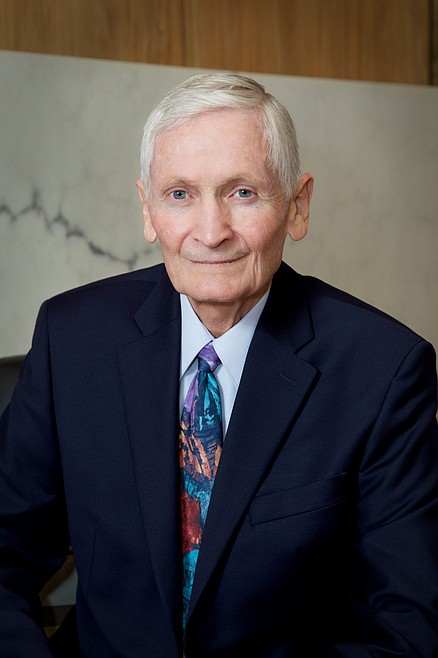Alaska has shown how to achieve sensible election reform
The Gem State had an open primary system prior to 2012. When the primary election rolled around voters would just request a ballot for the party of their choice–Republican, Democrat, whatever–and then vote among the candidates on that ballot. It worked well, but not to the satisfaction of radical right-wing Republicans who wanted to tip the balance in favor of ultra-conservative candidates.
The GOP managed to close its primary to all but declared Republicans in 2012 for the sole purpose of purging more moderate, pragmatic candidates from its ranks and that is exactly what has happened. Since Idaho is one of the reddest states in the country, the winner of the Republican primary is usually the person who will prevail in the general election. Extremists just have to marshal their forces in the primary to elect those who represent their distorted views.
We need to understand that the success of their plan depended on strictly limiting the number of Idahoans who are permitted to choose who represents them in government. Idaho’s experience under the closed primary system is similar to that disclosed by the daughter-in-law of Fox News mogul, Rupert Murdoch. Kathryn Murdoch, an advocate for allowing more voters into the candidate selection process, points out that in 2020, just 10% of Americans effectively elected 83% of the U.S. House of Representatives. The newly-elected leadership of the Idaho GOP wants to further restrict the selection of public officials in Idaho to a select group of extremist Republican functionaries, excluding the great majority of Idaho voters from the process.
Idaho has suffered woeful results from the closed GOP primary. In the 2018 primary, when 5 candidates were competing for the office of Lt. Governor, Janice McGeachin won with just 28.9% of the primary vote. She was the most extreme of the candidates and has been a disaster in the office.
Just this year, 3 candidates announced for that same office. It soon became apparent that the most extreme candidate might win the primary if reasonable voters split their vote between the two responsible candidates. To his great credit, Luke Malek, a strong candidate, stepped out of the race to prevent a wretched candidate from winning. It was a loss for the voters.
In Legislative District 1 this year, Scott Herndon, a candidate further right than Attila the Hun, beat Sen. Jim Woodward in the primary election with a scorched earth campaign. Woodward has been one of our very best GOP legislators. Unless Herndon loses to a write-in candidate in November, he will be pushing his abortion-is-murder-from-fertilization crusade in the next legislative session.
The State of Alaska has just demonstrated how Idahoans can achieve sensible reform of our electoral system. In 2020, Alaska voters approved an initiative establishing a ranked-choice voting system. It provides for all candidates, regardless of party, to participate on a single primary ballot. The top 4 vote-getters move to the general election ballot for ranked-choice selection. The voters merely rate the candidates as their first, second, third and fourth choice. If no candidate receives more than 50% of the first-choice votes, the candidate with the fewest first-choice votes is eliminated and voters who put that candidate at the top of their list have their votes reallocated to their second-choice candidate, and so on, until one candidate gets more than 50% of the vote.
The results of the first election completed under the system were announced on August 31. Sarah Palin, who lost the election, claimed the system was convoluted and difficult to understand. The voters disagreed, 85% of them reporting in exit polling that it was “simple.” Palin lost because she entered the race with high negatives, ran a poor campaign and, being generally disliked, got few votes below first choice.
Ranked choice voting has been used in Australia for over a century and is used in Maine as well as some city elections in Utah. The Utah cities that have used the system report greater civility in campaigns and more robust debate of issues because candidates have to appeal to a broader spectrum of voters. In a survey conducted of two cities in Utah County, more than 80% of respondents said the system was easy to use and they wanted it to be used in future elections.
Several non-partisan groups have expressed interest in pursuing an initiative in Idaho to establish a ranked choice system like Alaska’s. It would be just the right tonic to cure the extreme partisanship that has taken root in Idaho during the last decade. It would allow candidates to focus on real problems confronting the Gem State, rather than the manufactured cultural issues that are designed to tear us apart solely to achieve political power in the closed GOP primary. It would bring more voters into the primary election and give them a better idea of where the candidates stand on the real issues.
Jim Jones is a Vietnam combat veteran who served eight years as Idaho Attorney General (1983-1991) and 12 years as a Justice on the Idaho Supreme Court (2005-2017).

